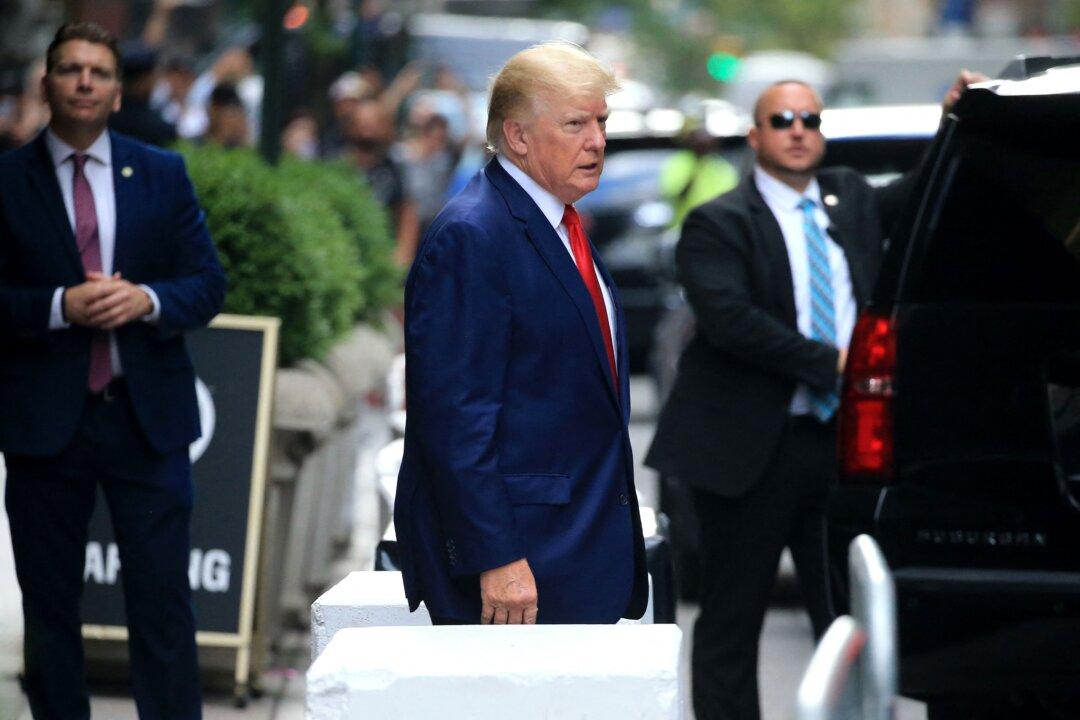News Analysis
A number of successful candidates in the GOP primary elections held on Aug. 9 in Vermont, Connecticut, Minnesota, Wisconsin, espouse domestic and foreign policies consistent with those of former President Donald Trump.

A number of successful candidates in the GOP primary elections held on Aug. 9 in Vermont, Connecticut, Minnesota, Wisconsin, espouse domestic and foreign policies consistent with those of former President Donald Trump.